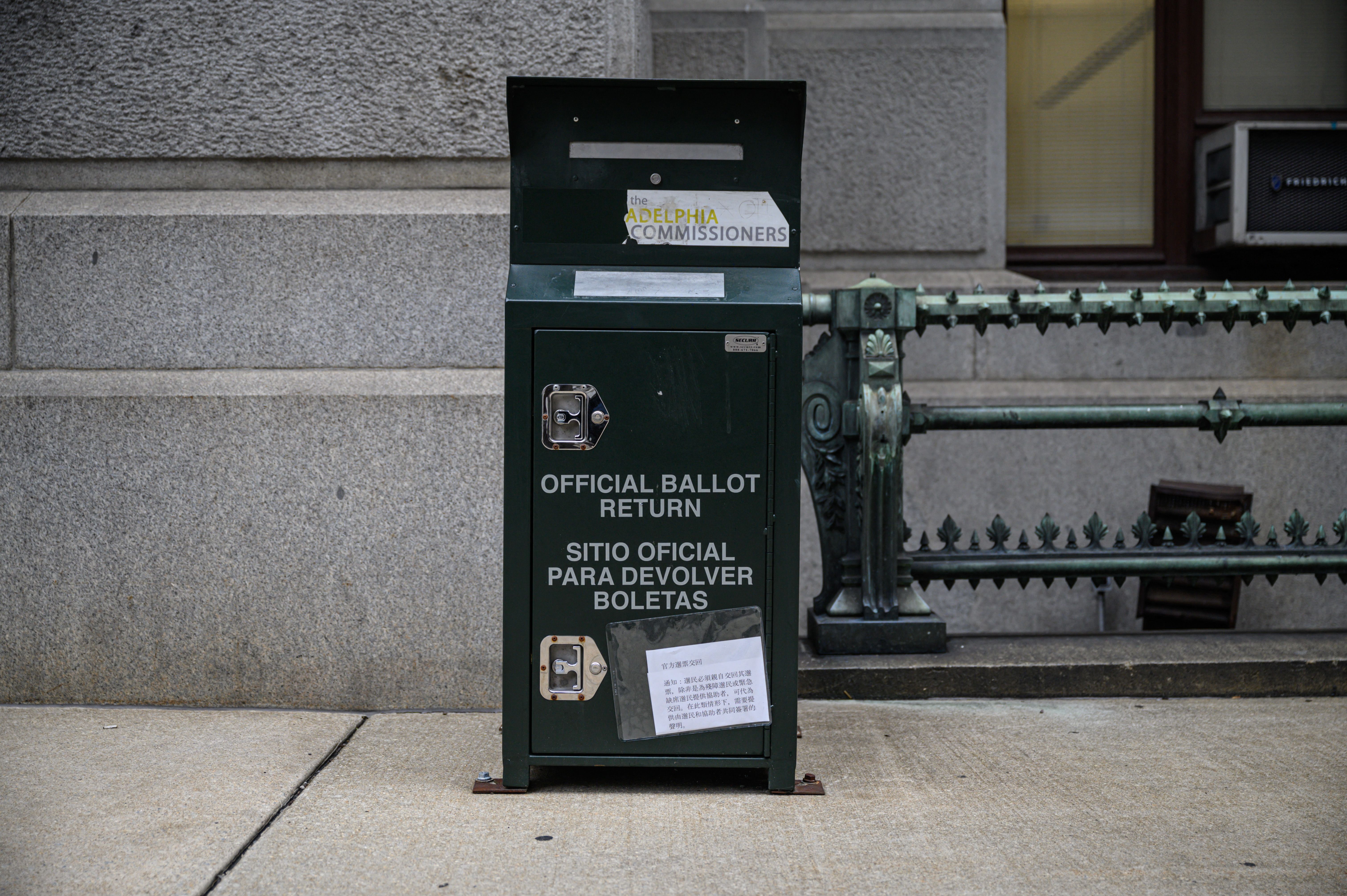While most of the attention in 2020 was on the coronavirus pandemic, Philadelphia experienced its highest number of drug overdose deaths that year since 2017.
In 2020, 1,214 people died of overdoses, 9% more than died of overdoses in 2018 and 6% more than in 2019, the Philadelphia Department of Public Health announced Thursday. Overdose deaths in 2020 were the highest since 2017, when the city recorded 1,217.
The PDPH noted that las year there was a notable increase of overdoses among Black people and that most overdoses – 86% - were due to opioids. Fentanyl, a powerful synthetic opioid, was involved in 81% of Philadelphia’s overdose deaths in 2020, representing a 12% rise from the year prior. In 2010, fentanyl was involved in less than 10% of fatal overdoses.
In 2020, overdose deaths among white people dropped by 10%, while those among Black people rose by 29%, the PDPH reported. Meanwhile, Hispanics were the group with the highest rate of fatal overdoses.
Get Philly local news, weather forecasts, sports and entertainment stories to your inbox. Sign up for NBC Philadelphia newsletters.
The coronavirus has disproportionately affected people of color and exacerbated existing socioeconomic disparities.
The health department recommended increased outreach among Black and Hispanic communities, as well as providing “mini-grants” to organizations led primarily by people of color to build “harm reduction capacity” and provide overdose prevention awareness. It also suggested distributing naloxone – the overdose-reversing medication – to groups serving at-risk populations.
The opioid crisis has been years in the making, but health experts warned of the risk of more overdose deaths during the pandemic – driven by increased socioeconomic stresses and less access to treatment.
Local
Breaking news and the stories that matter to your neighborhood.
The CDC noted an acceleration of overdose deaths during the pandemic. “The disruption to daily life due to the COVID-19 pandemic has hit those with substance use disorder hard,” former CDC Director Robert Redfield said.



